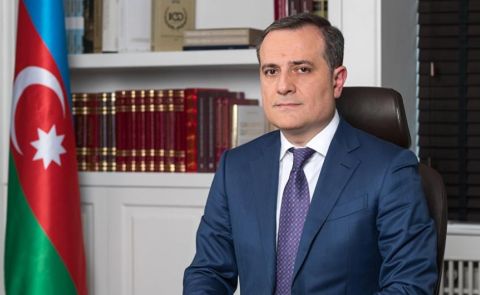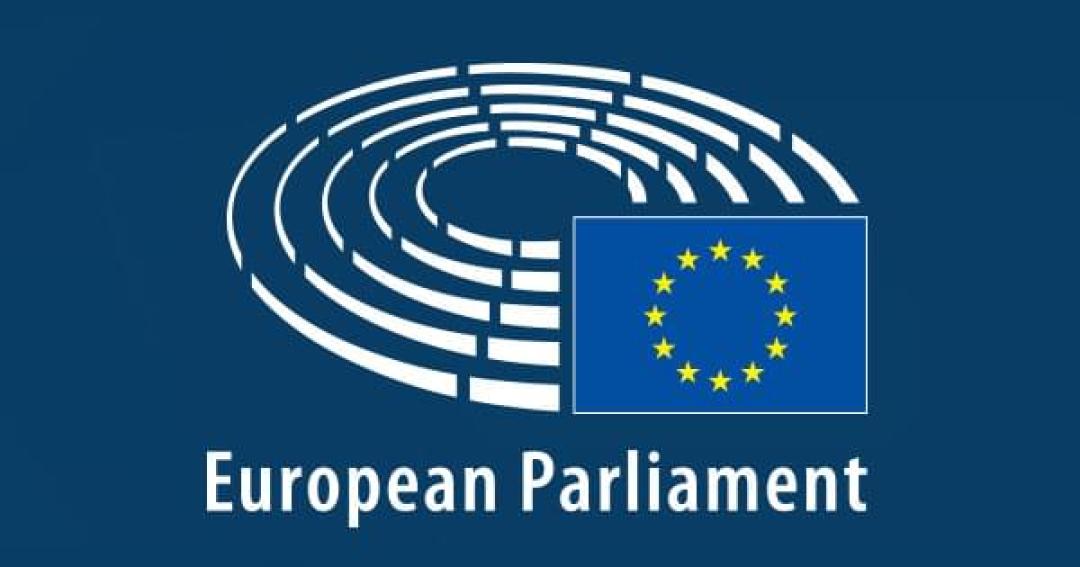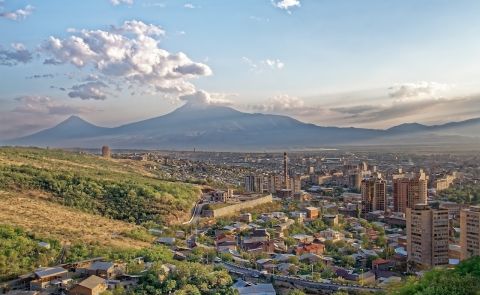
Critical remarks made at the EU parliament over the situation in Georgia

On 21 January, the EU Parliament Committee on Foreign Affairs discussed a situation in Georgia where critical remarks have been made by the EU parliamentarians over the recent developments in the country, reported 1TV.
Sandra Kalniet, a member of the European People’s Party (EPP) from Latvia, criticized the Georgian government for failing to fulfil its promise on the transformation onto a proportional system for elections, that was to start with the 2020 parliamentary polls (Caucasus Watch reported). “You have just said that support for Georgia’s European integration is on the rise, but the same opinion polls show that the Georgian people think that democracy is degrading in the country, and this is very worrying. There was a statement by [Bidzina] Ivanishvili, chairman of the Georgian Dream, that many opposition leaders will go to jail in the future, something that is very difficult to accept. And the fact that the investigation against Giga Bokeria, the leader of European Georgia, was launched after a five-year silence, is very symbolic,” she said.
According to Sven Mikser (Estonia, Progressive Alliance of Socialists and Democrats), it was the Georgian government that proposed a constitutional amendment according to which elections would be held in a proportional system in 2024. He also hoped that the dialogue between political forces in Georgia would be successful.
Anna Fotyga (Poland, European Conservatives and Reformists), focused on the June 2019 protests (Caucasus Watch reported) in Georgia and said that the demonstrations began after a Russian lawmaker came into parliament with the Georgian government’s consent.
Michael Gahler (Germany, EPP) expressed support for Georgia’s European integration course, but at the same time called on the Georgian government to deliver on its promise. “I think today you are trying to sell the failure of the electoral system as a high-level inter-party democracy in the Georgian Dream. As far as we know, several members have left the Georgian Dream. Please say honestly, [was] Mr Ivanishvili talking about changes to the electoral system, though he was planning to ruin all this behind the scenes, wasn’t he? If you are really Europeans, admit it,” he said.
According to, Rasa Jukneviciene (Lithuania, EPP), this year would be very important for Georgia. “This year will be a test of democracy for Georgia. We are concerned about whether the ruling party will pass the test of democracy or not. I’m sorry to say this, but I feel bad when a representative of the ruling party speaks or complains about bad opposition. These are not the rules of democracy. When we see an attack on the opposition, NGOs, the media, opponents, it does not help Georgia find new friends in the European Parliament,” the MEP said.
Andrius Kubilius (Lithuania, EPP) also addressed the members of the Georgian delegation. “I would like to ask you to convey a very simple message to your party leaders. They promised me that the dialogue would work and that there would be proportional elements in the electoral system. So, tell them that I am still waiting for this result because international confidence in your election will be very limited without this,” he said.
In response to criticism from the EU parliamentarians, Deputy Speaker of Parliament of Georgia Kakhaber Kuchava said that in some cases the members of European Parliament were provided with misleading information.
He responded to the questions and criticism raised over the issue linked with transition onto the proportional system of elections for 2020 parliamentary polls. According to him, negotiations on electoral system changes are still underway. The majority has already offered its version to the opposition and is now awaiting a response. The information that tens of thousands of people are protesting in Georgia was also refuted by Kuchava.
Also present at the EU parliament session was the Georgian Minister of Reconciliation and Civil Equality Ketevan Tsikhelashvili, who delivered a speech on the humanitarian situation in the Russian-occupied regions of Abkhazia and Tskhinvali (South Ossetia). She said that the situation is particularly severe due to the closure of the crossing point with the rest of Georgia. She has also spoken about the erection of new barriers and installation by occupation forces in the villages of Chorchana and Gugutiantkari, on the Tbilisi-controlled territory over the past several months.
Tsikhelashvili stated that the situation in Georgia’s Russian-controlled Abkhazia region has particularly deteriorated since 2014 when already former de facto President Raul Khajimba came to power. “Now Khajimba had to step down, but the overall situation on the ground remains complicated. The current situation does not benefit the interests of any of us – [ethnic] Georgians, Abkhazians or Ossetians – we all suffer,” she said.
See Also


Nordic-Baltic Delegation Meets Armenian Leaders to Discuss Regional Cooperation and Peace

Azerbaijan Strengthens Energy Partnerships with Multiple Countries

BP Strengthens Presence in Azerbaijan’s Offshore Energy Sector

Netanyahu’s Letter to Aliyev: Mutual Trust, Solidarity Following Hamas Attacks, Facilitating Dialogue Between Israel and Türkiye

